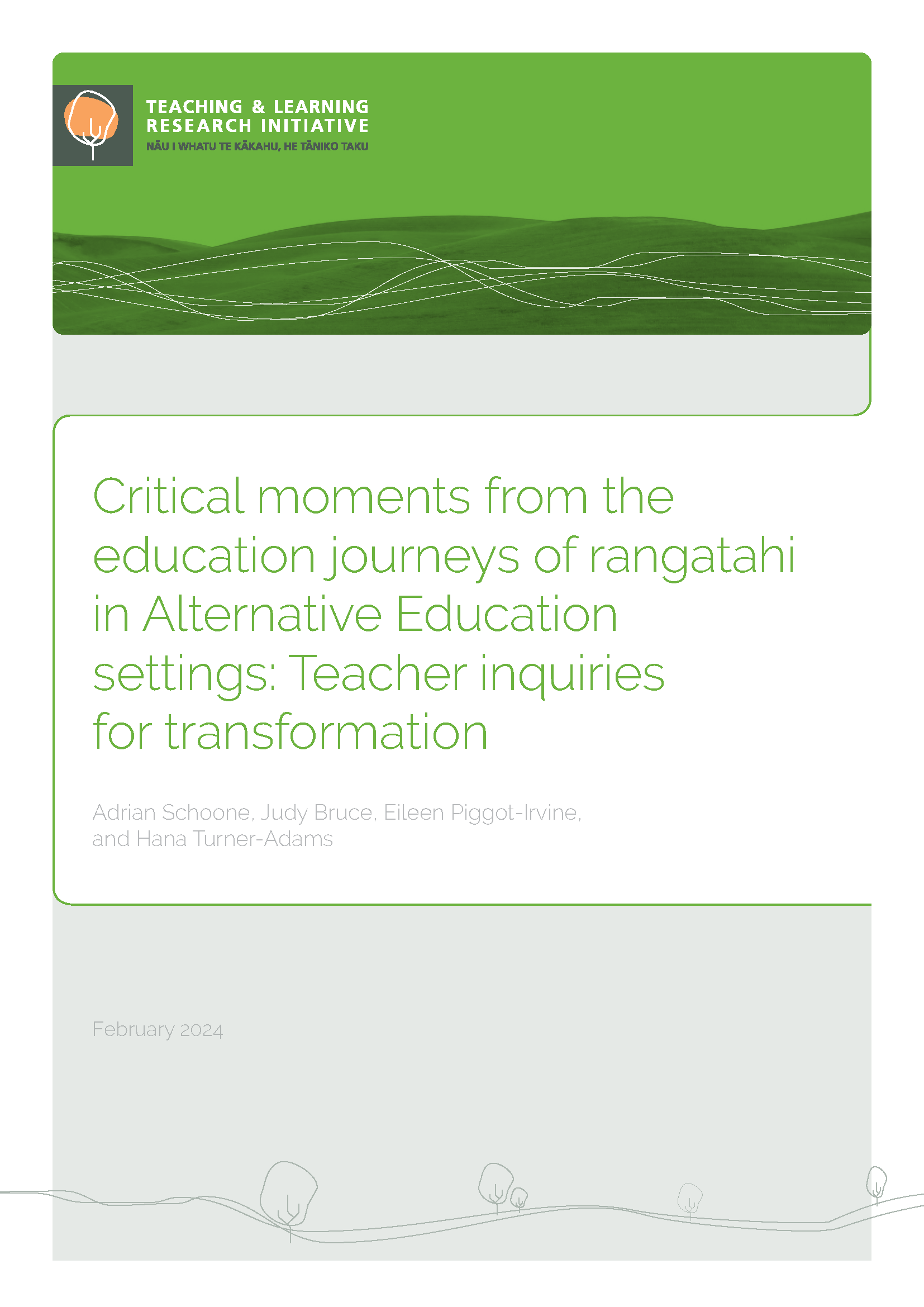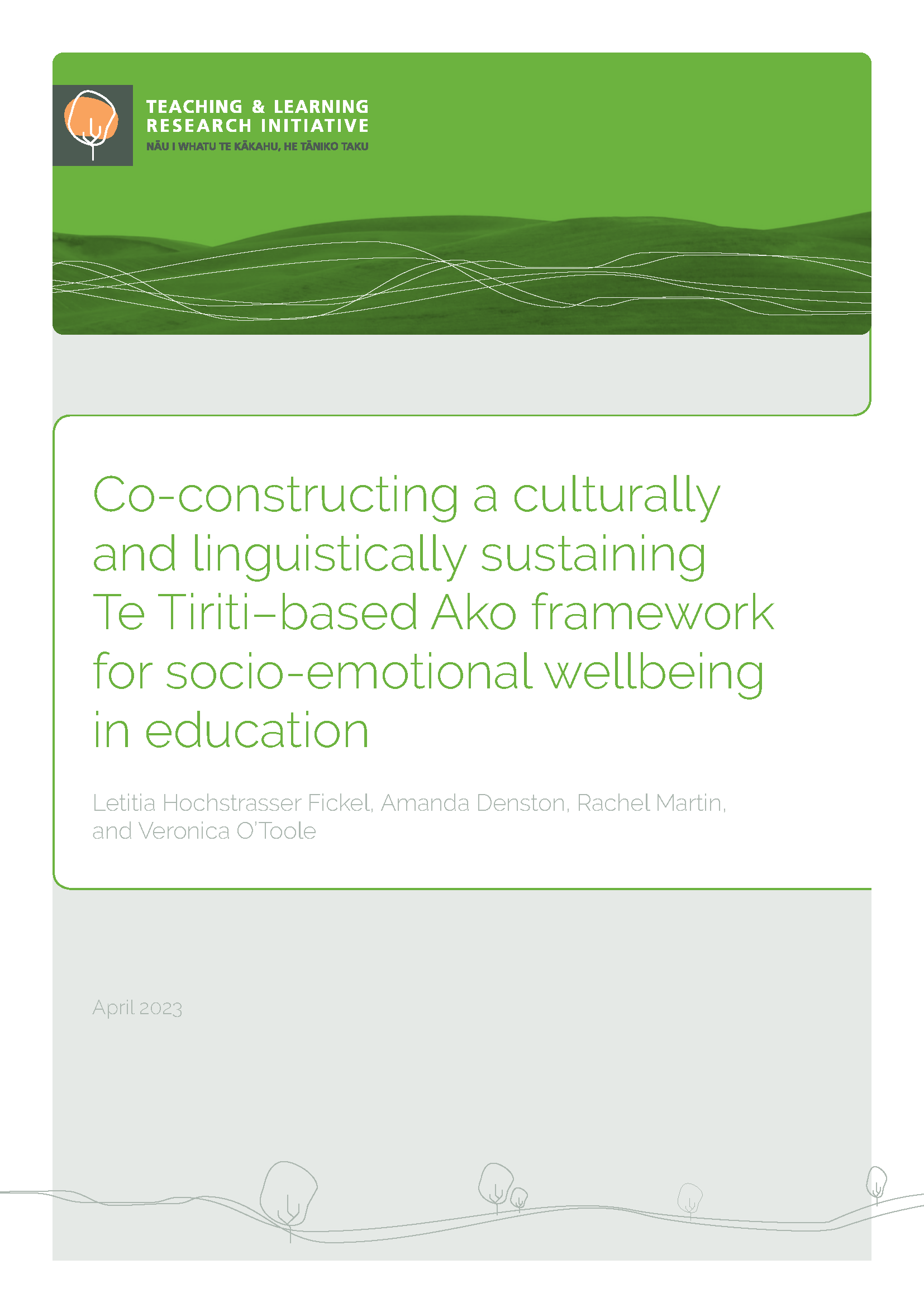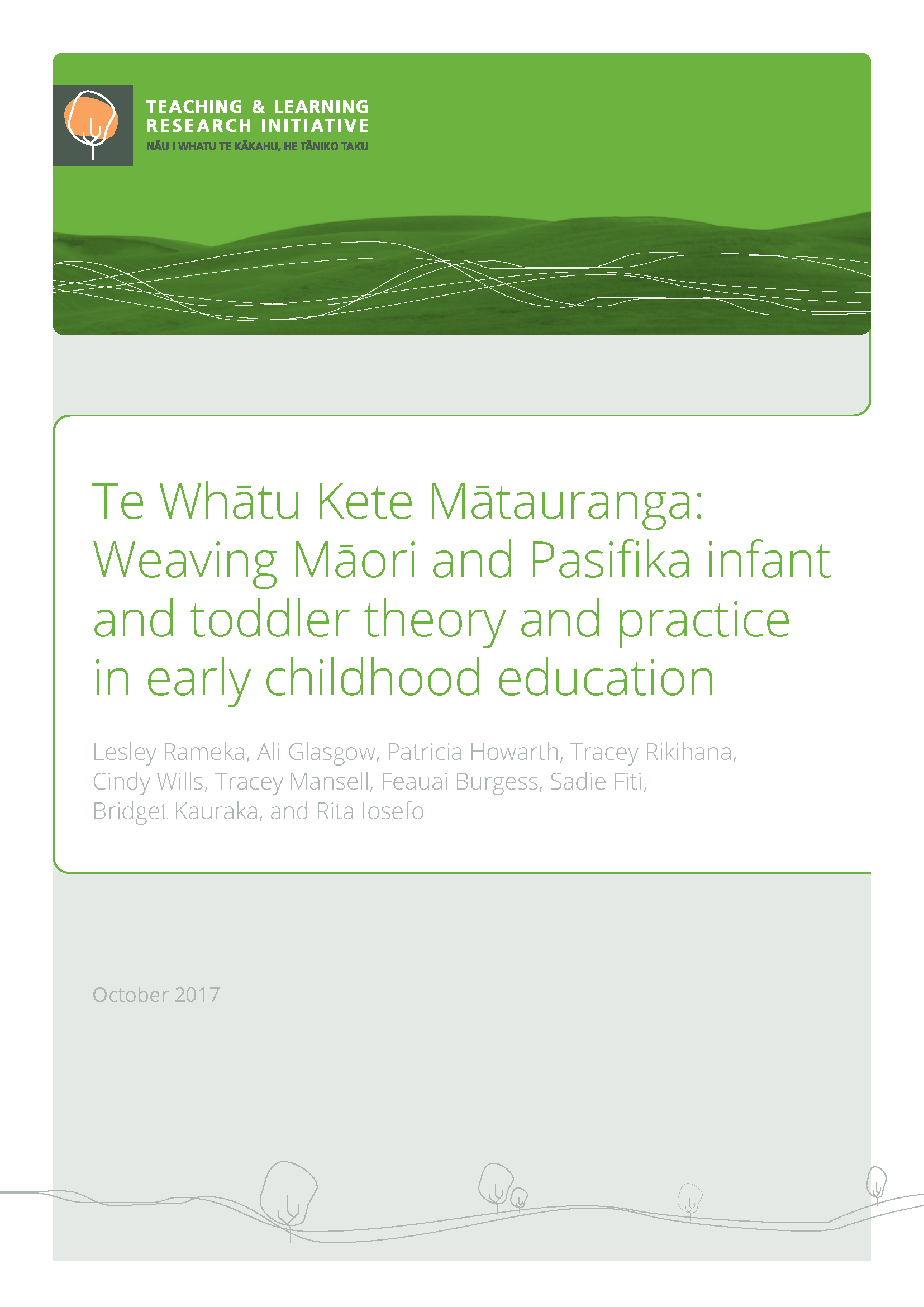
Critical moments from the education journeys of students in Alternative Education settings: Teacher inquiries for transformation
They don’t really see what School was like for me They only see what the Teachers see. What the teachers want Them to see. You’re only telling your own story What school was like for you That’s easy coming from me. They need to know from The experience of what We see. Not what they see. What we see. The voices of rangatahi in Alternative Education from Phase 1 focus group Introduction Every year, at least 2,000 rangatahi, aged 13 to 16, continue their learning in Alternative Education (AE) settings, disenfranchised from mainstream schooling through exclusions, multiple suspensions, or truancy. Of this population, 68% are Māori and 17% are Pasifika (Education



